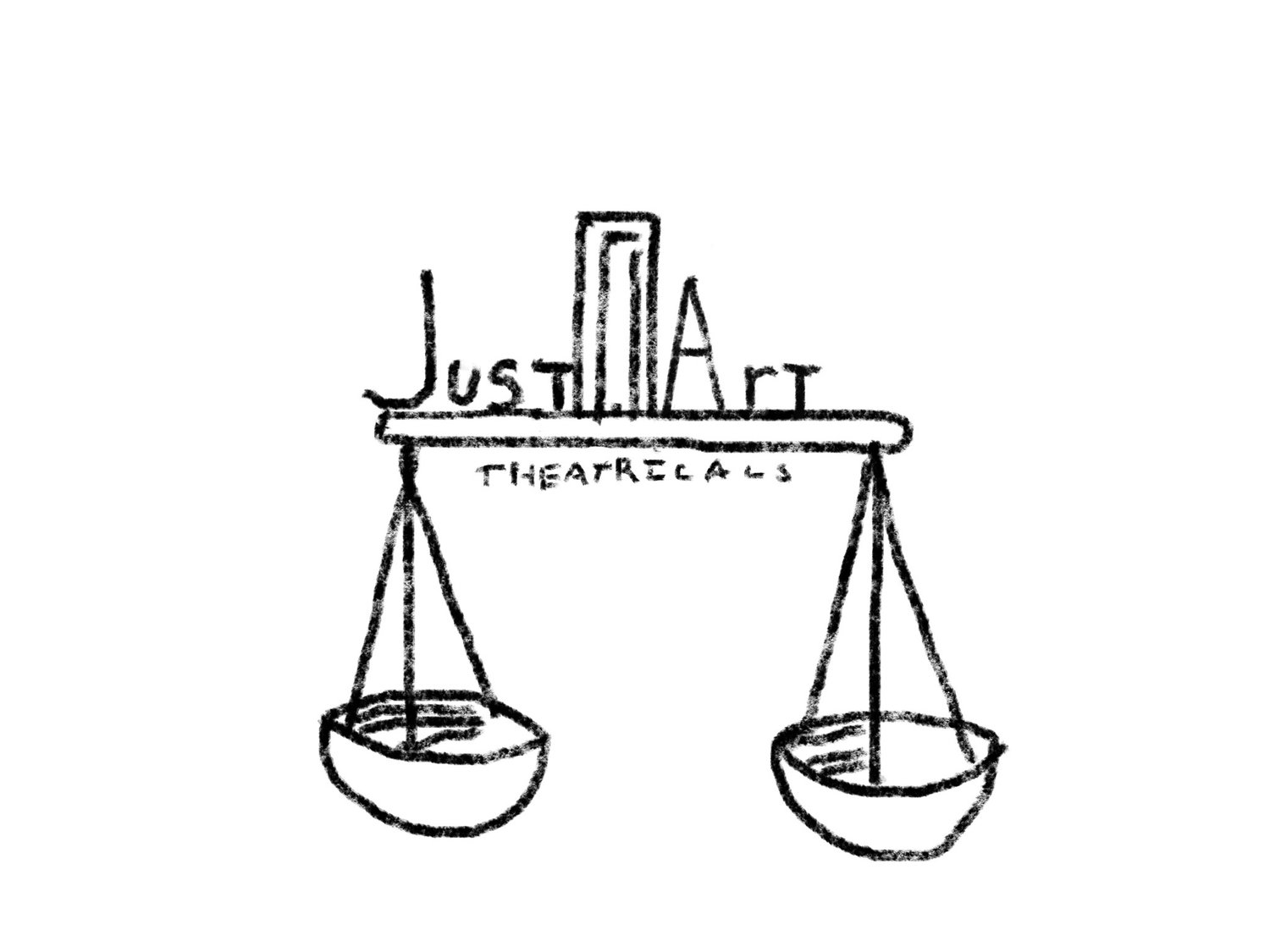Privilege
We realize, explicitly, that it is our privilege that has enabled us, as a company to exist. In fact, it was our privilege and our reflection on that privilege that was a foundational aspect of establishing the company. How can we best leverage our resources, our place within a dominant cultural narrative, and our privileged status on behalf of voices on the margin? This question is essential to our work.
Power
Despite our best intentions, it is clear that we still exist and operate within an essentially inequitable power structure. We value collaboration, and the artists we hire (Music Director, Musicians, Designers, Technical Staff) operate in a very open collaborative mode. However, our productions are still in service of the hierarchical model of an Artistic Director driven enterprise. How can we best work towards a more equitable distribution of power within our process, while still maintaining our unique, specific, and personal founding ideals?
Problems
We are actively looking for ways to address the two essential questions above. We are dedicating this season to inquiry and investigation in how to solve these, and other problems we have identified within our own process. We actively invite you reach out and share with us your own questions or ideas about problems we should be considering.
We hire musicians, designers, and technical staff, and we pay them. These people are in our employ, which by necessity, relies on one party holding economic power over another. Is there a better way? We want to operate on as professional a level as possible, but does this rely on an essentially inequitable capitalist structure?
We don’t pay our actors. This means they are not dependent on us for their livelihoods, which represents a kind of movement towards equity. However, most of our cast members end up losing money while working for us, either through missing work, paying to get to and from our rehearsal and productions, or through their own investment in costumes or props that fall outside of our budgeted reach. Is there a better way for us to structure our process to accommodate the realities of the lives of the artists our community?
